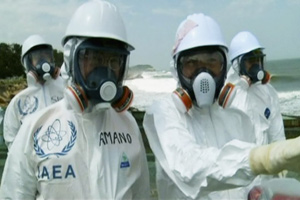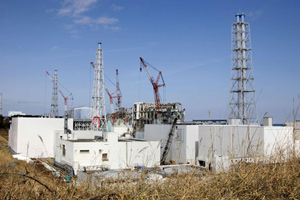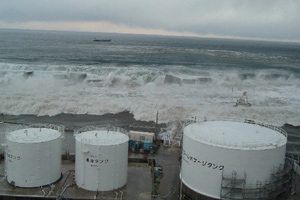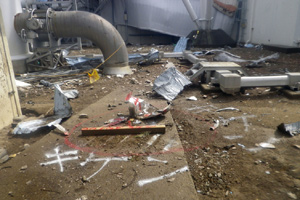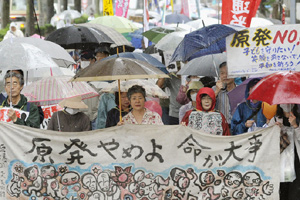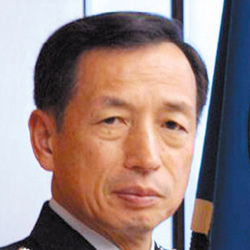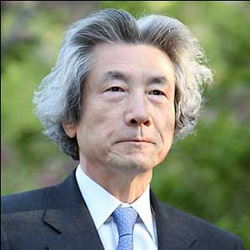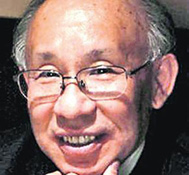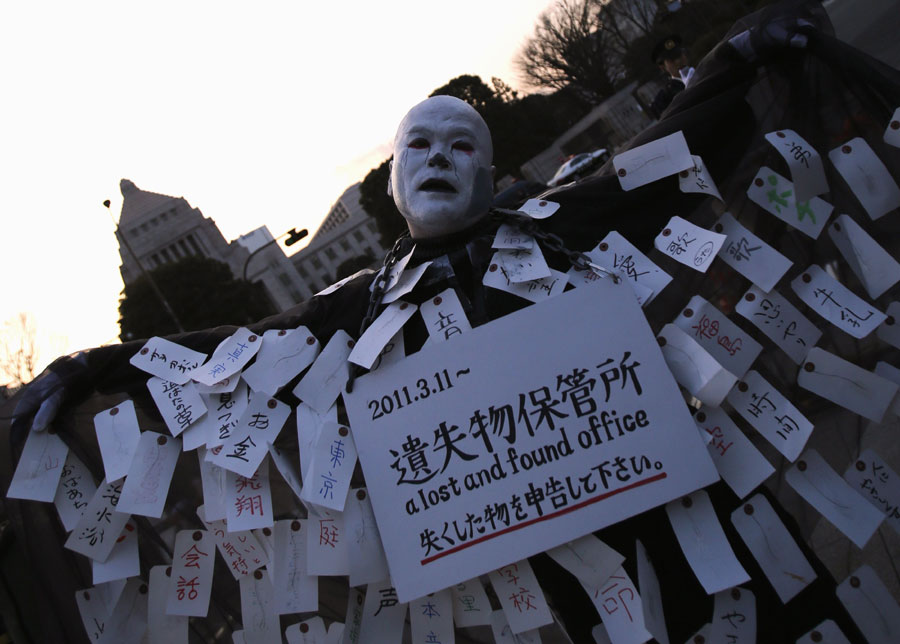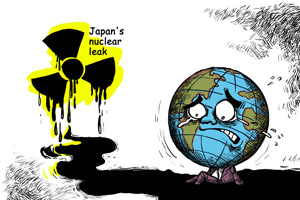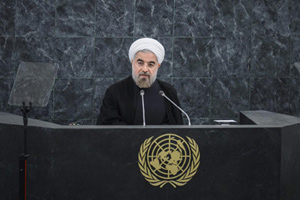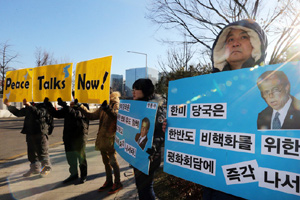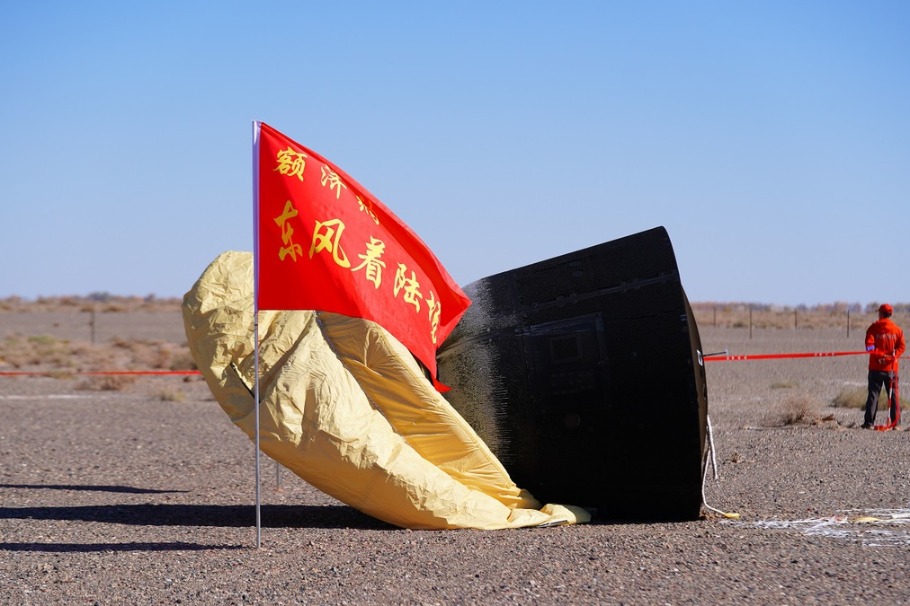The living ruins:Fukushima 3 years on

|
|
| Nuclear power plant re-start in process ●Japan unveiled its first draft energy policy since the Fukushima meltdowns three years ago, saying nuclear power remains an important source of electricity for the country.The draft presented on Feb 25 to the Cabinet for approval expected in March, said that reactors meeting new safety standards set after the 2011 nuclear crisis should be restarted. [More] ●Yoichi Masuzoe, a former health minister backed by Japan's ruling party, won Tokyo's gubernatorial election on Feb 9, defeating two candidates who had promised to end nuclear power. [More] ●Japan's trade ministry said it would approve in January a revival plan for the utility responsible for the Fukushima nuclear disaster, Tokyo Electric Power Co, its second attempt at restoring battered finances. The new plan envisages a restart of two reactors at the Kashiwazaki station in July and the utility hopes all seven reactors will go online by fiscal 2016. Opposition to atomic power remains strong in the country and is set to become a major issue in an election next month for governorship of metropolitan Tokyo, which owns a stake in Tepco. [More] Opinion poll in Japan
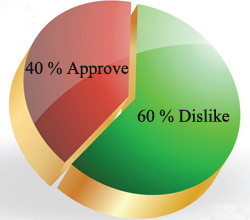
|
Different voices inside Japan
|
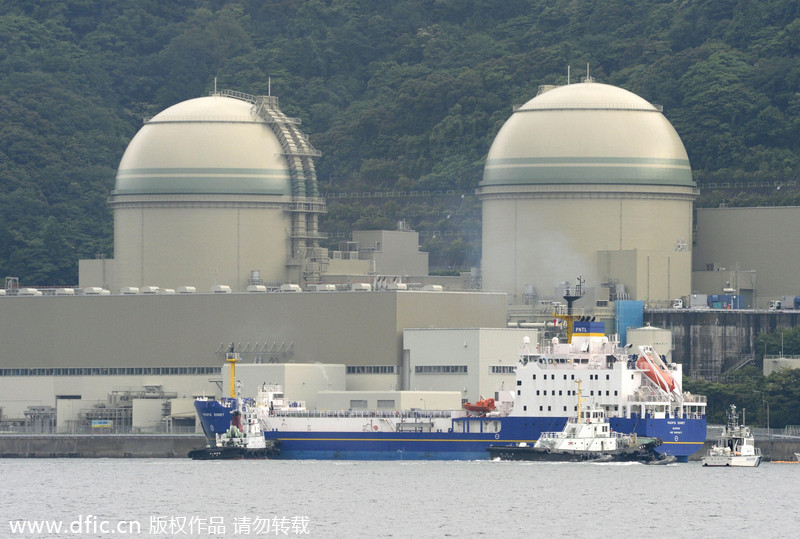 |
| A freighter carrying nuclear fuel processed in France arrives at Kansai Electric Power Co.'s Takahama nuclear power plant in Fukui Prefecture, central Japan, on June 27, 2013. [Photo/icpress.cn] |
| From Fukushima to disarmament Years after the devastating March 11 earthquake and tsunami hit Japan, the ongoing nuclear disaster at Fukushima compounds the humanitarian tragedy and impedes recovery. While the Fukushima disaster is attracting overdue global attention to nuclear safety and security, and provoking a reconsideration of nuclear power, its implications for nuclear weapons remain largely unremarked. The nuclear reactions that drive reactors and weapons are the same, as are the radioactive products that are dispersed by wind, rain, and water if released, with the same lack of respect for borders and the same indiscriminate long-term cancer and genetic hazards. |
| The world is wired with 22,400 nuclear weapons. Around 1,770 of them in Russia and the US, and a further 64 in France and 48 in the United Kingdom, remain on high alert, ready to be launched in response to a perceived attack with only minutes for verification and decision. Recent history is peppered with a litany of false alerts and near misses, each unforeseen, each a combination of technical and human failure. The growing potential for a nuclear disaster by cyber attack adds to the existential danger. [More] |
|














